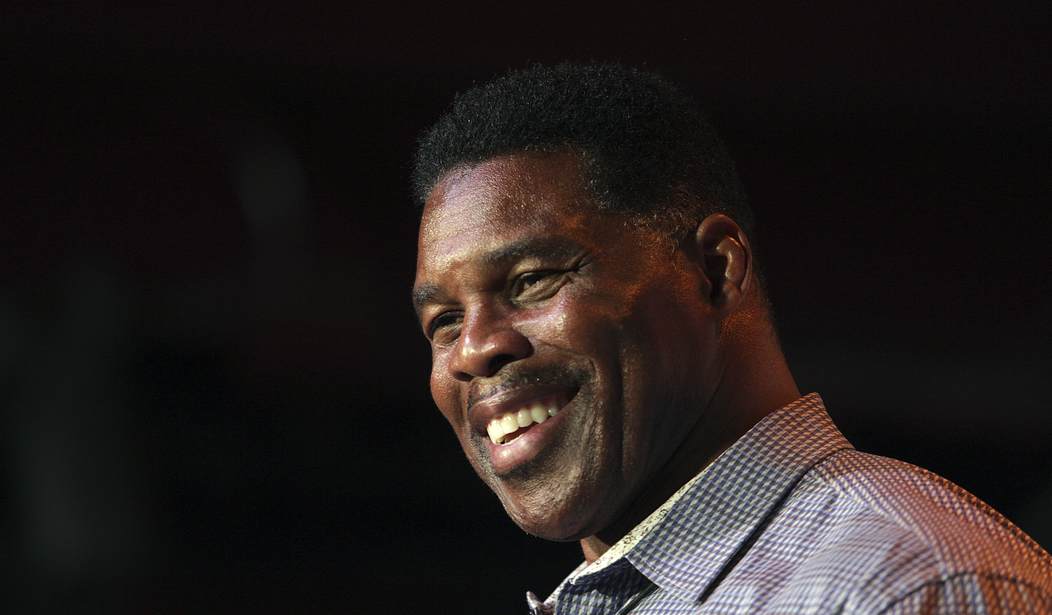It is almost a foregone conclusion that the Republican Party will retake the House in November. While it appears the highly-anticipated “red wave” might be in jeopardy, the GOP is still favored to wrest control of the lower chamber from Democrats.
But what about the Senate? When it comes to the higher chamber, it is difficult to predict which party will dominate after November 8.
Senate Minority Leader Mitch McConnell recently expressed doubts that Republicans could see victory in the upcoming congressional elections. Much of the issue appears to revolve around the issue of candidate quality. Politicians and even conservative commentators are speculating that some of those running for Senate who won their primary elections might not have been the best candidates to challenge their Democratic opponents in the Fall.
For starters, we have Pennsylvania, in which Dr. Mehmet Oz is seeking to defeat former Lt. Gov. John Fetterman. Multiple polls show the Democrat leading the Republican by double digits. However, others place the race much closer. An Emerson College poll had Fetterman leading Oz 48% to 44%.
All things considered, it would not be appropriate to count Oz out at this point. He is still within striking distance and there is still plenty of time to make up ground. However, the television personality has some serious obstacles to overcome.
The same poll showed Fetterman’s “very favorable” rating to be much higher than that of Oz’s at 33.8% to 17.6%
Oz’s recent crudite gaffe and the fact that some view him as a carpetbagger are also not helping the candidate. He only recently moved to Pennsylvania from New Jersey, where he had lived for over three decades.
In a piece for The Conversation, Charles R. Hunt, assistant professor of political science at Boise State University, discusses his research on this particular topic. He ran a study analyzing Local Roots Index scores, which analyzed how connected various candidates are to their communities and how this affects their elections. He wrote:
I found that members of Congress with higher Local Roots Index scores perform far better in their elections than their more “carpetbagging” colleagues without local roots in their districts. Deeply rooted members are twice as likely to run unopposed in their primary elections, and they significantly outperform their party’s presidential nominees in their districts. They win more elections by bigger margins and don’t need to spend as much money to notch their victories.
Next on the list is venture capitalist Blake Masters, who is running to represent the state of Arizona. Currently, Sen. Mark Kelly, a Democrat, is leading his opponent 50% to 42%, according to a Fox News poll.
Masters has been lagging when it comes to fundraising, and GOP leaders have expressed concerns about his ability to win his election without taking in enough money to fuel his campaign. He has reportedly received private calls over the past few weeks from folks like Sen. Rick Scott (R-FL), who heads the National Republican Senatorial Committee (NRSC), which has spent more than $6 million to help him oust Kelly.
Lastly, there is former NFL legend Herschel Walker, who, along with Dr. Oz, was another candidate that was viewed by folks on the left and right as a problematic candidate despite his star power in Georgia, where he is hoping to unseat Sen. Raphael Warnock. Earlier this year, Walker was polling favorably. But now, he has fallen behind his opponent 48% to 45%. Fortunately for the former football player, this is a statistical dead heat, which means he could turn this around.
Walker has had some stumbles on the campaign trail and has been prone to unhelpful gaffes and other unforced errors. Most recently, it was revealed that he had children that he did not claim publicly. Democrats have used that to paint him as a hypocrite since he has stressed the importance of fathers in the past.
Even further, his past issues with mental health and domestic abuse have surfaced. Democrats have been using them to paint him as an unstable, violent individual.
Conservative radio host Erick Erickson discussed Walker’s issues with WABE.
“Everyone acknowledges the problems,” he said. “They’re curled up in the fetal position trying to make sense of it all, cling[ing] to ‘the national environment’s so bad he can get across the finish line.’”
While Walker is essentially tied with Warnock after leading him earlier in the year, there is still cause for concern, according to Erickson.
“Candidates matter,” he noted. “A lot of people look at the national dynamics and think that matters most. Candidates matter more than a lot of people think.”
The commentator suggested that Walker’s best chance for victory would be to “invest heavily in advertising and keep off-script moments to a minimum.”
However, Erickson has since changed his mind. In a Substack post published on August 25, he wrote: “In Georgia, Herschel Walker has restructured his campaign team. He is in it to win it. His events are catching fire. His crowds are growing.”
It appears the candidate’s team recognizes that he would benefit from as few media appearances as possible and has barred reporters from interviewing him on several occasions. As I’ve written previously, when Walker speaks, he appears to lack an understanding of the issues.
However, this does not mean all is lost. Walker’s troubled history will likely not have the level of impact Democrats hope. As long as he can keep his mouth shut, for the most part, he might just pull this off. It is worth noting that Democrats are still not faring well in the polls and the American people have been dealing with a slew of economic woes that the left has not been able to solve.
For now, the outcomes of the Senate elections are up in the air. But as time goes on, we will likely have a better idea of how they will shake out.














